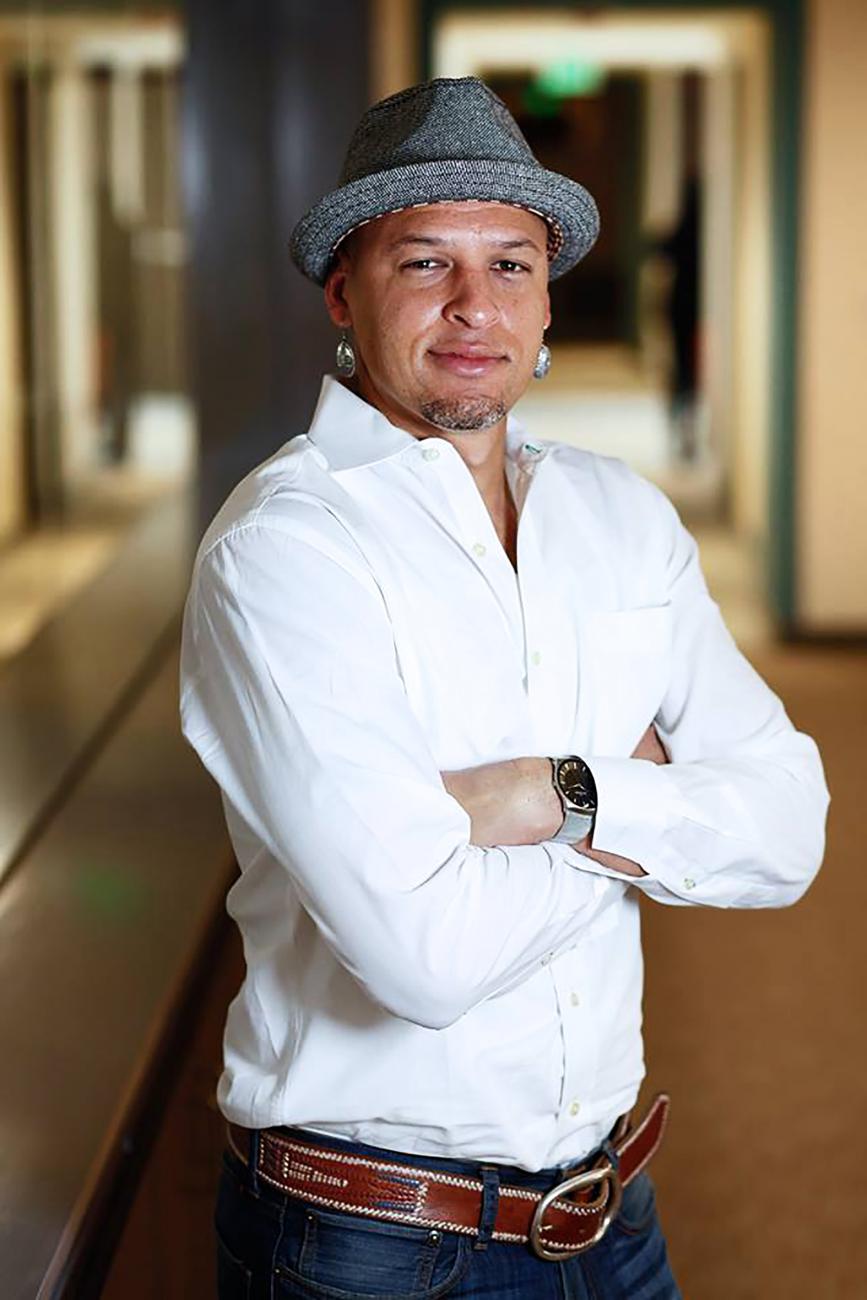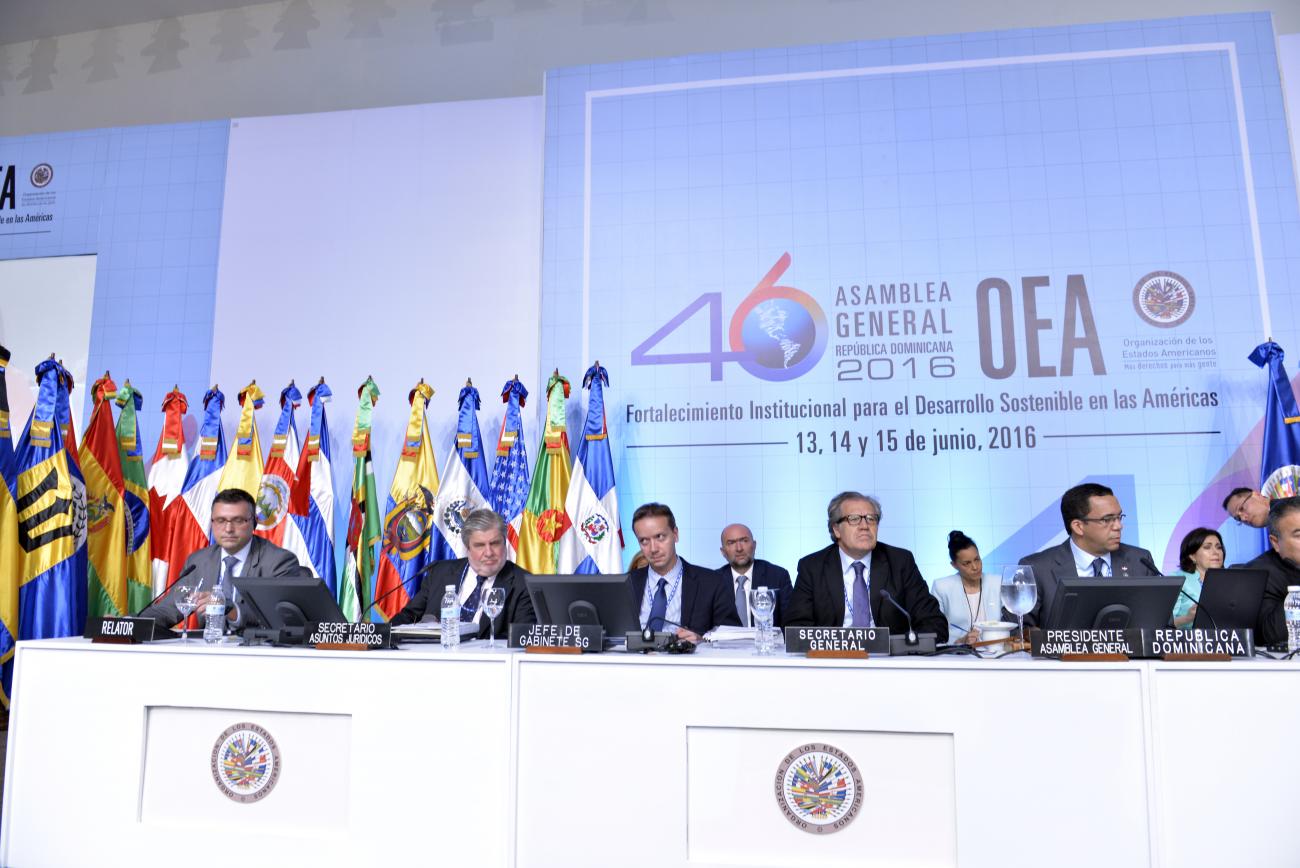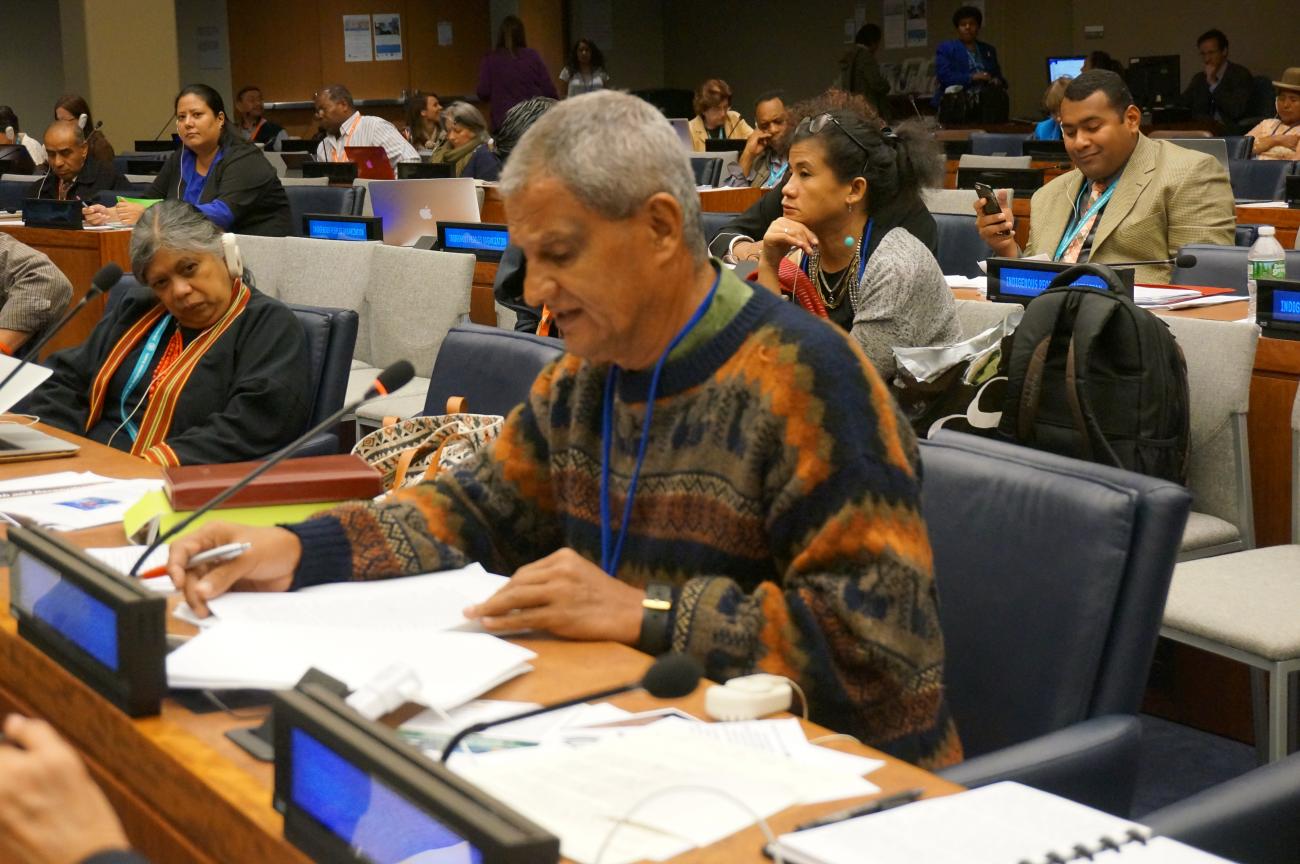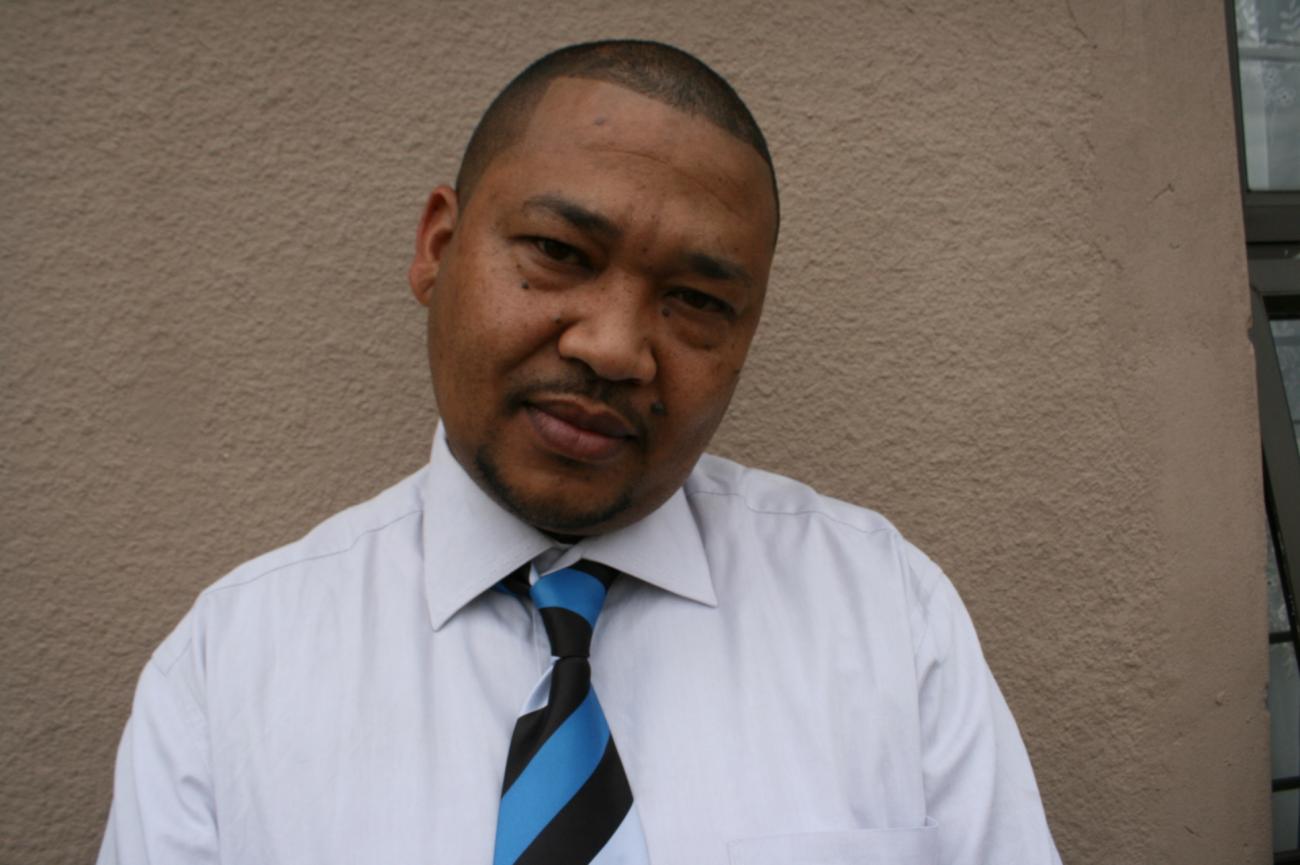 The idea of entrepreneurship isn’t a new concept among Native people. Our ancestors have always practiced entrepreneurship—it was called survial. Farmers, hunters, fishermen, women, artisans, and traders were all entrepreneurs because it was how they provided for their people.Growing up I always struggled with choosing a profession. Should I be an architect, an attorney, a public relations…
The idea of entrepreneurship isn’t a new concept among Native people. Our ancestors have always practiced entrepreneurship—it was called survial. Farmers, hunters, fishermen, women, artisans, and traders were all entrepreneurs because it was how they provided for their people.Growing up I always struggled with choosing a profession. Should I be an architect, an attorney, a public relations…
 The General Assembly of the Organization of American States (OAS), during its 46th regular session from June 13–15, 2016 in Santo Domingo, Dominican Republic, adopted the American Declaration on the Rights of Indigenous Peoples after a lengthy and complex negotiation process between member states and representatives of multiple Indigenous Peoples of the Americas. This resolution was adopted by…
The General Assembly of the Organization of American States (OAS), during its 46th regular session from June 13–15, 2016 in Santo Domingo, Dominican Republic, adopted the American Declaration on the Rights of Indigenous Peoples after a lengthy and complex negotiation process between member states and representatives of multiple Indigenous Peoples of the Americas. This resolution was adopted by…
 Cultural Survival’s Indigenous Rights Radio (IRR) Program uses the power of community radio to inform Indigenous communities of their rights and focuses on how these rights are being implemented around the world. One of our latest full-length programs, Life, Sacrifice, and Achievement, produced by Rosy Gonzalez, highlights human rights violations against Indigenous rights activists. The program…
Cultural Survival’s Indigenous Rights Radio (IRR) Program uses the power of community radio to inform Indigenous communities of their rights and focuses on how these rights are being implemented around the world. One of our latest full-length programs, Life, Sacrifice, and Achievement, produced by Rosy Gonzalez, highlights human rights violations against Indigenous rights activists. The program…
 Cultural Survival welcomes our newest team member, Shaldon Ferris. Ferris was born in Kliptown, Johannesburg, South Africa. His mother’s maiden surname is Damakwa, and he identifies with this KhoiSan South African tribe. His search to discover his roots has led him on the path to become an award-winning filmmaker. Although he grew up in an impoverished neighborhood, his parents persisted and…
Cultural Survival welcomes our newest team member, Shaldon Ferris. Ferris was born in Kliptown, Johannesburg, South Africa. His mother’s maiden surname is Damakwa, and he identifies with this KhoiSan South African tribe. His search to discover his roots has led him on the path to become an award-winning filmmaker. Although he grew up in an impoverished neighborhood, his parents persisted and…
Support Indigenous writers and journalists. This content is made entirely possible by loyal readers like you. Cultural Survival does not believe in paywalls. We rely on our supporters and readers to give what they can so that we can continue bringing you Indigenous-led solutions.
Our website houses close to five decades of content and publishing. Any content older than 10 years is archival and Cultural Survival does not necessarily agree with the content and word choice today.